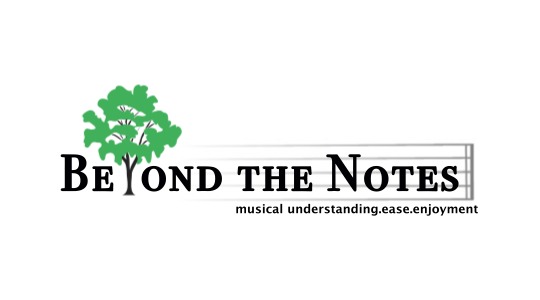"Im Dorfe (In the Village)," the seventeenth song in Schubert's Winterreise, is another one of those songs that left me scratching my head at first. I didn't sense a connection between the words and the music which left me feeling a bit uninspired by the song. But over the past few days, after writing the blog posts for the preceding songs, I've finally come up with an interpretation that makes sense, at least to me. Let's see if I can put it into words.
I think it might be helpful first to replay where we have been thus far and where we think we are as this song begins. We have our protagonist, a traveling musician, who recently left the last village he worked at because of a failed relationship with his beloved. He is a man that is used to traveling, used to having to move from village to village. But this particular exit has been more difficult. Although he's probably used to having to say "goodbye," this particular parting is forcing him down a new path. After a time of grappling with his memories and with the need to move forward, our friend is starting to let go of the past and starting to look for a more permanent, predictable path. In the previous three songs, "Der greise Kopf (The Grey Head)," "Die Krähe (The Crow)," and "Letzte Hoffnung (Last Hope)," the path of choice seems to be one that ends at the grave. Our protagonist is worn-out in body and in mind, his regular footsteps have been almost completely silenced, and his hopes have run dry. We watch him at his arrival at yet another village.
Quite frequently I find myself resisting sleep at the end of the day. I imagine that just about everyone has nights like this. Whether it's because I haven't accomplished all that I wanted to accomplish, or because I simply enjoy being awake and living, it can be quite amusing to watch myself avoid the inevitable onset of sleep. In this song, I sense that we are seeing this same scenario play out. In many of the songs that involve sleep, exhaustion, and dreams, Schubert seems to use lots of repetitive notes in either one or both hands. The result is a slowing down of harmonic motion, a lessening of tension. "Im Dorfe" is full of this type of writing. In the first and last verses time is suspended with the repeated chords in the right hand, accompanied by slow-motion trills in the left hand that end with an odd little shudder - this quick tail to the slow trill makes me think of someone trying to shake themselves awake . Halfway through the first verse, the hands switch musical material. At the end of the verse, Schubert then does something absolutely incredible. He includes the first line of the second verse, "And in the morning, all will have vanished." As with dreams, there is no clear beginning or end of the verses - a small detail, perhaps, but to me it's a clue as to how Schubert may have interpreted Müller's poem.
The second verse no longer has the same accompaniment but it too goes practically nowhere, harmonically speaking. In terms of rhythm, it is even more static than the first verse, only made up of eighth and quarter notes. There are no shifts in key as the piano part hunkers down around the note, "C." Perhaps our friend has actually drifted into sleep a bit? At the end of this verse, the right hand of the piano meanders back into the opening material, possibly a slight stirring of our protagonist who seems desperate to not succumb to sleep. In the third verse we hear those brief shudders again. But this time, Schubert changes the piano part, supporting the voice with more of a chorale-like accompaniment that finally manages to send our friend into sleep.
I said at the beginning of the post, that at first I felt a discrepancy existed between the text Müller wrote and Schubert's music. The images that I was most confused by were the barking dogs and rattling chains. As hard as I tried, I could not hear them in the music. Well, thinking of this poem as our friend's journey into sleep, I don't believe our protagonist hears them either. The music beautifully mimics real life since our hearing seems to be one of the first things that shuts down as we are falling asleep.
Schubert, you were brilliant! This is a psychological and a physiological journey, indeed!
I found an interesting, very interesting, interpretation of this song by "Soap and Skin." I have no idea who this is and I'm having trouble discovering much about her, but I'm posting it both because it's a creative interpretation and also because it takes my interpretation to the tenth degree.
And here's Ian Bostridge and Julius Drake's:
Click here to see the text for this poem.
Other posts in this Winterreise series:
A lesson in painting with music: "Letzte Hoffnung (Last Hope)"
Nearing the end of one man's journey: "Der stürmische Morgen (The Stormy Morning)" & "Täuschung (Illusion)"
An intimate view of facing one's fate: "Der Wegweiser (The Signpost)"
Waiting for Death: "Das Wirtshaus (The Inn)"
Seizing control of life & death: "Mut (Courage)"
Nearing the end of one man's journey: "Der stürmische Morgen (The Stormy Morning)" & "Täuschung (Illusion)"
An intimate view of facing one's fate: "Der Wegweiser (The Signpost)"
Waiting for Death: "Das Wirtshaus (The Inn)"
Seizing control of life & death: "Mut (Courage)"


No comments:
Post a Comment